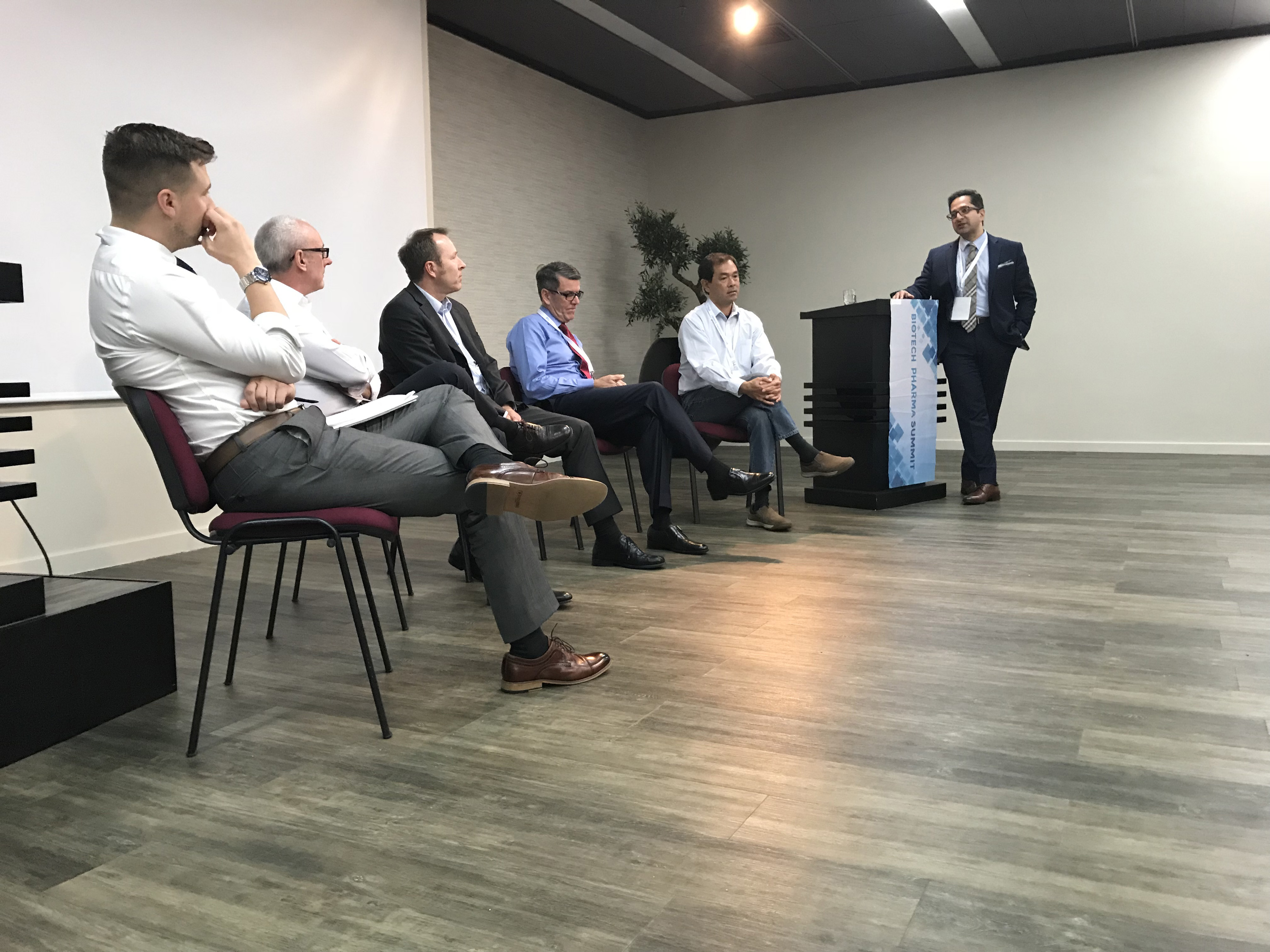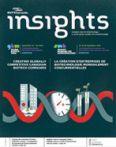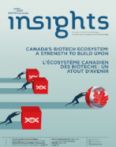Diagnostics: The Good, the Bad & the Ugly
On October 26-27, I co-chaired an International Conference on “Companion Diagnostics & Biomarkers” in Porto, Portugal.
The presenters included global experts in diagnostics including market leaders such as Unilabs, Agilent, Qiagen, ThermoFisher and Guardant Health.
The Conference was initiated by the other Co-chair, Harry Glorikian, the author of Moneyball Medicine who delivered an engaging presentation predicting the future of medicine and digital health.
Throughout the two days, impressive and informative presentations described the current status and the predicted future of diagnostics and digital health technology including the anticipated tsunami of future changes.
I initiated the second day of the conference with an overview of the past, present and future of diagnostics, encompassing the best (and worst) examples of companion diagnostics (“The Good, the Bad and the Ugly”). Click here to request the presentation.


-
Presentation by Ali Ardakani, Managing Director of Novateur Ventures: “Can Companion Diagnostics Be a Guide to Cure? The Good, the Bad and the Ugly” – BioTech Pharma Summit 2017: Companion Diagnostics & Biomarkers October 26-27, 2017 — Porto, Portugal


-
Ali Ardakani, Managing Director of Novateur, chairing the final plenary session of the BioTech Pharma Summit 2017: Companion Diagnostics & Biomarkers October 26-27, 2017 — Porto, Portugal
Here are some summarized highlights from the conference:
- Diagnostics will be playing an ever-encompassing role in therapeutics development and commercialization. Both EMEA and FDA are encouraging more “targeted therapeutics” with companion diagnostics.
- Digital Health and digital diagnostics will represent a tremendous new growth sector and will become an integral part of our health care system. Embracing this market dynamics sooner will lead to better health outcomes and reduced costs.
- Diagnostics need to be paired with therapeutic solutions. Early diagnostics should enable reduced system costs and improve patients’ lives. If there are no therapeutic solutions, reimbursement will be an issue.
- The regulatory landscape of the diagnostics field is fluid and ever changing. New categories, such as Complementary Diagnostics were recently created for new immuno-oncology drugs like Opdivo® and Tecentriq®. Companies need to anticipate working closely with regulators and payers to develop the best therapeutic solutions for patients.
- New drugs, like Keytruda® by Merck, will be guided by genetic biomarkers which can be identified using diagnostics and not the state of traditionally monitored target organs. This new therapeutic paradigm can significantly cut the cost of development while improving patient efficacy rates.
I would like to thank the Conference Organizer, EPM Group and the Conference Sponsors.



